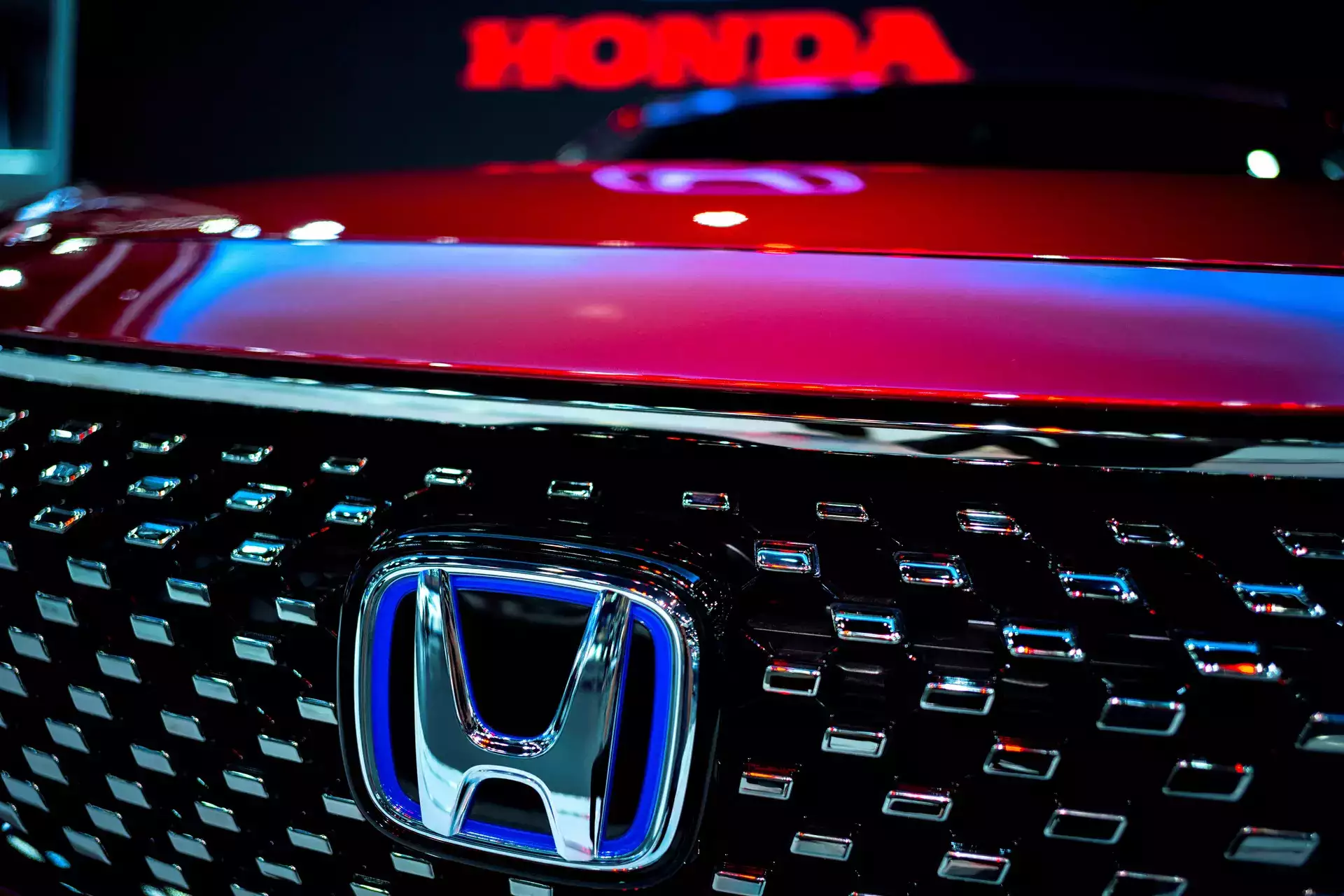
The move highlights the tougher conditions Japan's second-biggest automaker faces in the Southeast Asian nation as Chinese brands aggressively seek to gain market share in Thailand and consumer demand for electric vehicles grows.
Honda plans to produce car parts at the Ayutthaya plant that was first opened in 1996 when it stops making vehicles there next year, a company spokesperson said.
It will consolidate vehicle production at the Prachinburi plant, which was opened in 2016, according to the spokesperson. The factories are the only two plants the automaker has in Thailand.
Honda has seen the combined production at the plants fall from 228,000 vehicles in 2019 to under 150,000 a year for each of the four years through 2023.
The company's sales in Thailand have been under 100,000 for each of the four years through last year.
Honda hopes to get rid of the gap between vehicle production and sales it has seen in Thailand, according to the spokesperson.
But the automaker has already been exporting from Thailand, mainly to other Southeast Asian markets such as Indonesia and the Philippines, the spokesperson said. Honda has no current plans to make new investments in Thailand, the spokesperson added.
In China, Honda and rival Japanese automaker Nissan Motor have been hit especially hard by competition from rising Chinese brands, which have attracted consumers with low-priced, software-loaded EVs and plug-in hybrids.
Japanese automakers now face a risk of losing customers in markets outside of China, such as those in Southeast Asia, to upstart Chinese brands that are increasingly looking to step up car exports and setting up factories overseas. Last week, China's BYD opened a plant for battery-powered cars in Thailand that is part of a wave of investment worth more than USD 1.44 billion from Chinese EV makers that are establishing factories in the country.
Disclaimer: The copyright of this article belongs to the original author. Reposting this article is solely for the purpose of information dissemination and does not constitute any investment advice. If there is any infringement, please contact us immediately. We will make corrections or deletions as necessary. Thank you.





